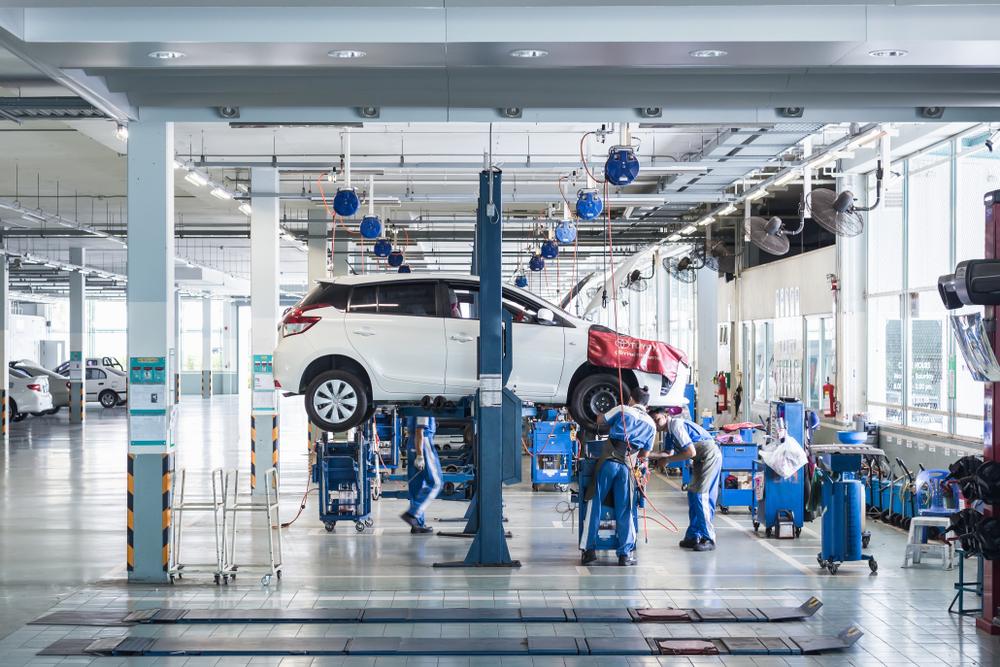Ensuring your vehicle receives the regular maintenance required will improve the longevity of your car’s lifespan. Without this maintenance, your car will give out on you. Things will start to go wrong and the cost to fix these issues will be much higher than if you had kept up with it earlier.
One of the most important tips for vehicle owners is to not slack on preventative maintenance. Check out your owner’s manual. Inside, it will have a lot of auto repair information on your specific vehicle. Some of the maintenance you can learn to do yourself, other things you may need help from the professionals.
Perform a Yearly, Thorough Inspection
Generally, this is something you can do yourself with little experience. It is best to do this at least once a year. The goal is to check for things that may be going wrong. Make sure all of the lights are working, front and rear. Check the air pressure in your tires.
Even if your vehicle comes with a digital reading of pressure, manually check to make sure it is correct. Good tire pressure can give you better gas mileage. Listen for strange sounds coming from your vehicle. Look at the tread on your tires to make sure you aren’t need a new set yet.
Check the Fluid Levels
There are multiple fluids needed to keep your vehicle running efficiently. You don’t have to learn how to change your own oil or antifreeze, but you should understand how to check to see if it needs more. Most containers have a dipstick or a level to use to check. If you have low levels, you may need to just add more.
Change Your Oil Regularly
A few times a year, you will need to have your oil changed. Some cars have an electronic gauge to tell you when it needs changed. If not, you will have to use the dipstick regularly to check for the amount and color.
It is frequently said to change your oil every 3,000 miles; this is not always true. Check your owner’s manual because every vehicle has different recommendations. Some vehicles only need oil changes every 10,000 miles!
Clean Your Battery
Your battery requires very little maintenance; you probably only need to check it one time a year. Make it before the weather gets colder, so you can get everything running for the upcoming winter. Find your battery and check to make sure there is no mineral buildup on the contacts.
If this happens, you will need to clean it off with a battery cleaning brush. This is a cheap little tool and it only takes a few minutes. Without doing this, there is a possibility your vehicle won’t start.
Windshield Wipers
You need to keep your windshield wipers working well. The window wipers keep your vision clean. Old wipers can leave streaks and make it difficult to see the road. That isn’t safe. They are cheap and easy to change. If you don’t know how to, some auto repair shops will change them for you. However, if you want to test your auto repair skills, you can get new wipers and try this out yourself. When you do this, double check to see if windshield wiper fluid is good.
Rotate and Balance Your Tires
This is something you can’t do on your own. Your car’s manual will tell you how frequently this needs done. Balancing and rotating makes sure the tread on your tire is worn evenly; this reduces how many times you will need new tires.
New Air Filter
This can be tricky to do yourself. However, most auto repair shops will ask if you want the air filter changed. Once it is dirty, it needs replaced. How frequently the air filter needs changed is going to depend on your vehicle. Check that manual!







